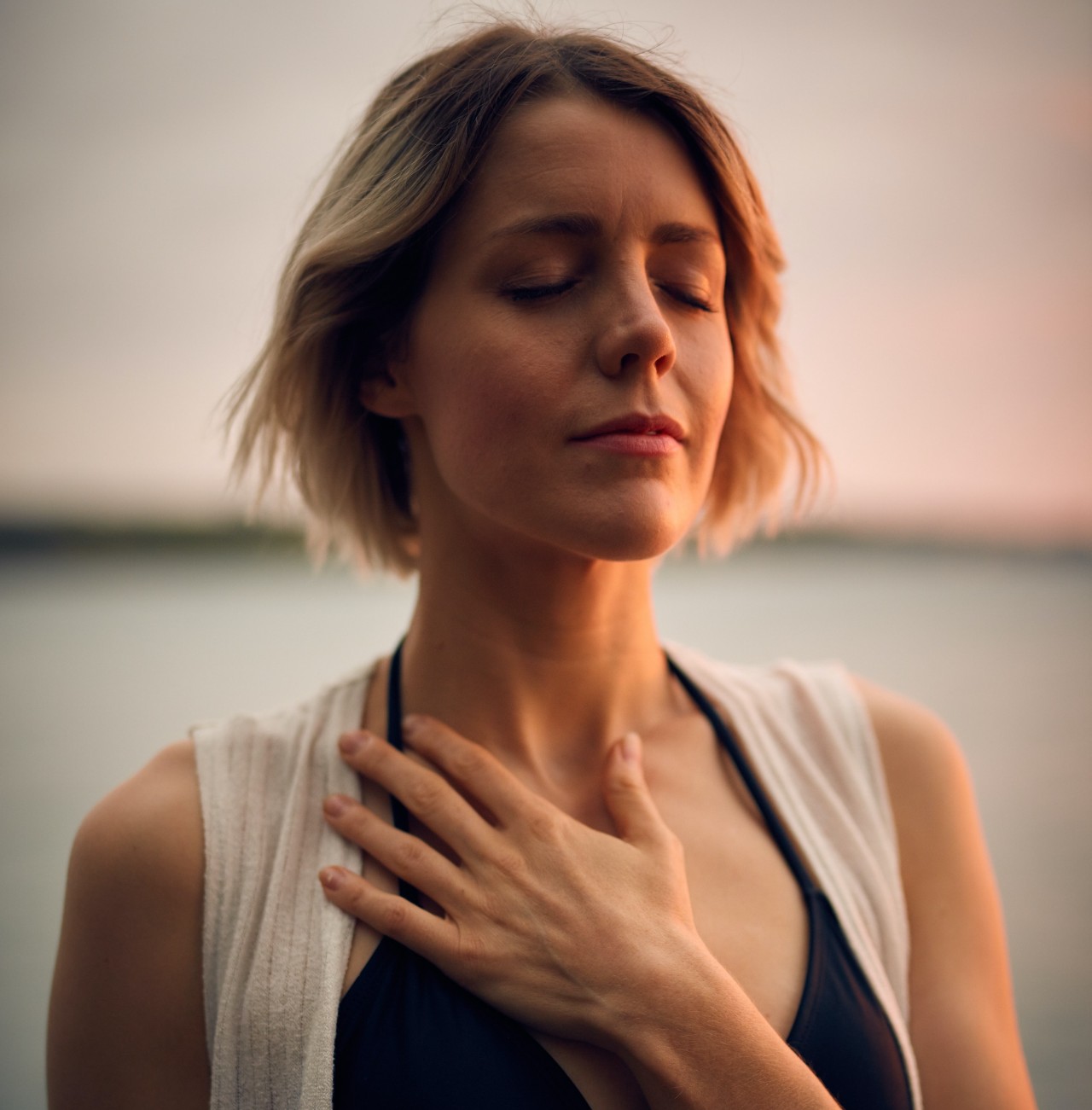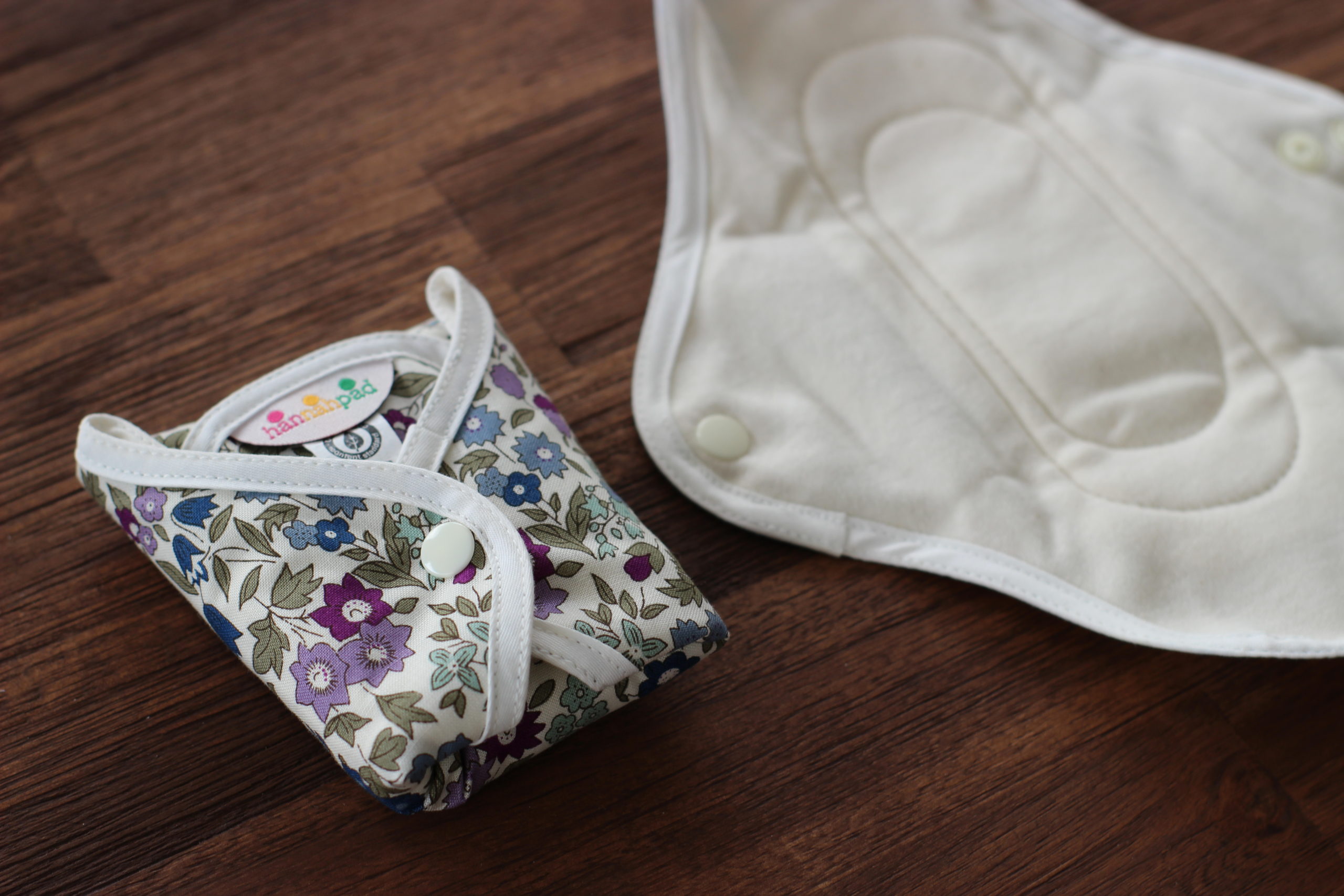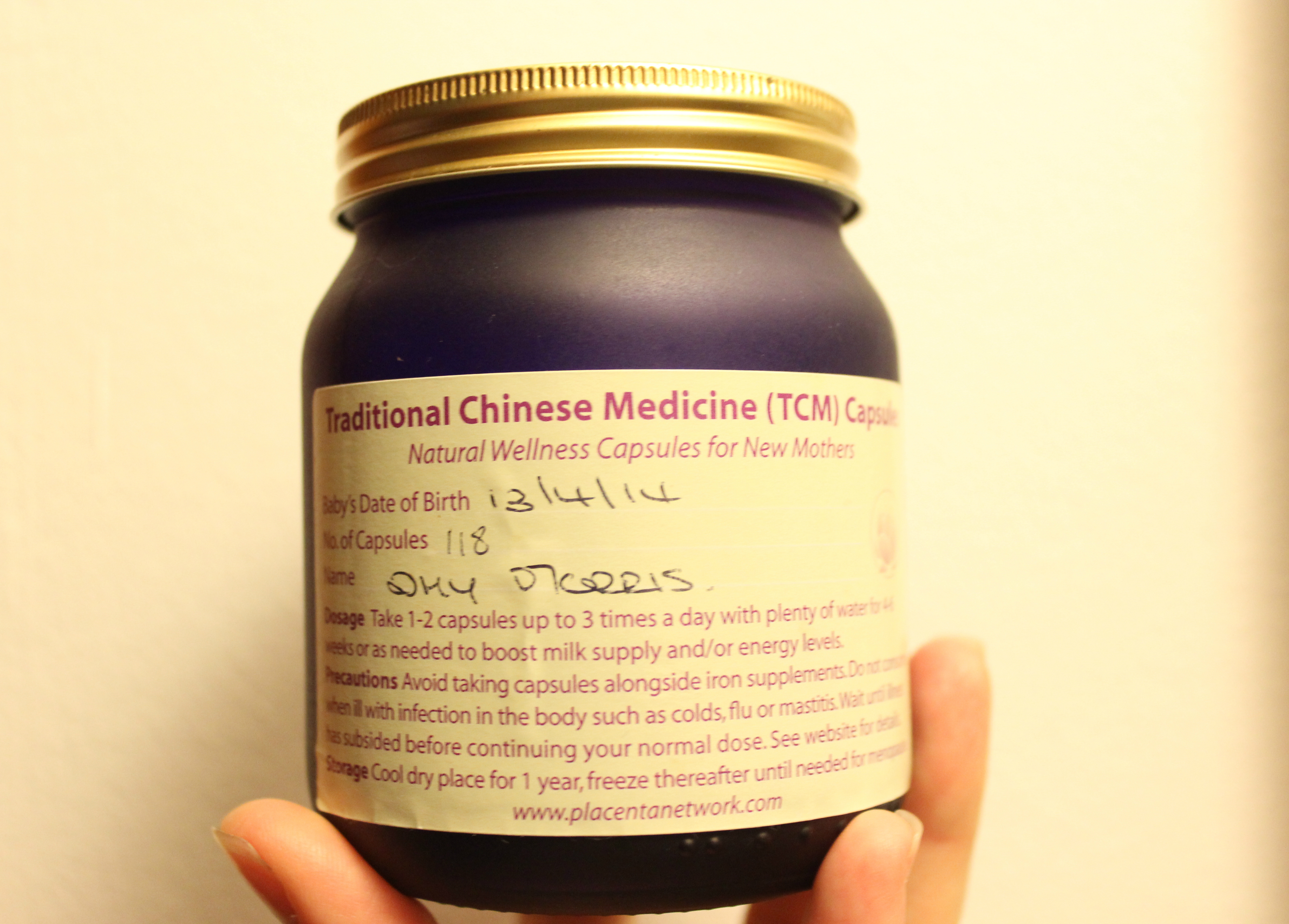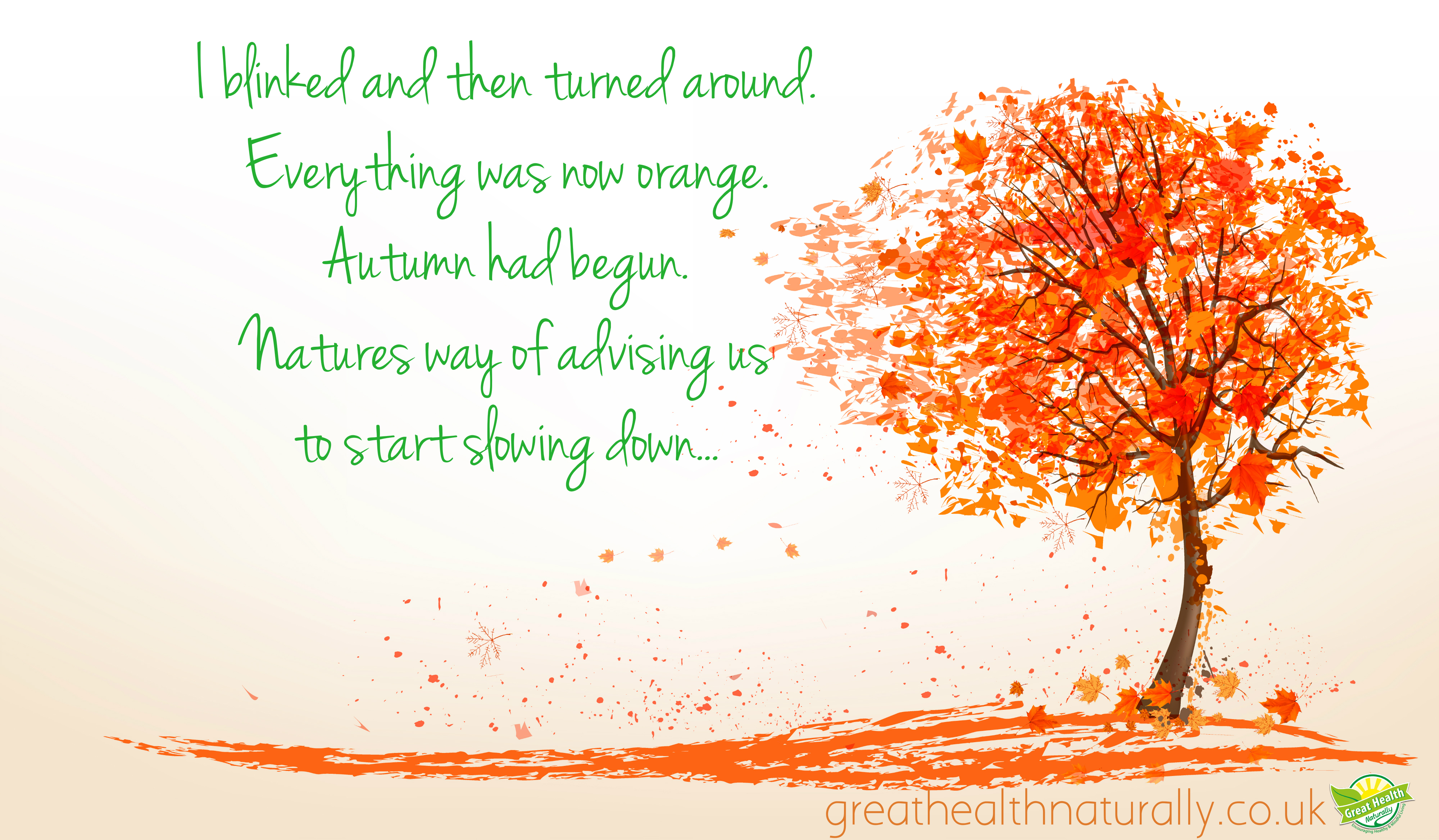I took part in my first Breathwork Africa masterclass on Saturday and at the end of it, I left feeling reconnected to my breath and reconnected to myself. So I am delighted to welcome my special guest for Edition 3 of my monthly newsletter: Marj, the director of Breathwork Africa.
What I think is especially fantastic is that the founder of Breathwork Africa is a medical doctor, Dr Ela Manga to be specific. In my field of work as a functional nutritionist, it is important for me to work alongside medical professionals like doctors so that we can together help many more members of the public achieve their health goals. So I personally see great value in a highly-respected doctor also giving health advice using breathwork, that is without the use of pharmaceutical drugs as their first choice of treatment.
1. It would be great to start this interview there and find out why Dr Ela Manga started Breathwork Africa and when?
Ela trained as a medical doctor and once starting to practice as a GP realised that similar symptoms were showing up in all her patients. Ela didn’t want to just write out scripts but partner with her patients to walk alongside them on the healing journey. So began her own journey into looking at integrative methodologies. She had her first breathwork session in 2011 with Dan Brule, who subsequently became her teacher. Ela began doing monthly breathwork sessions for groups and integrated it increasingly into her medical practice. Breathwork Africa was formally started in 2018 building on Ela’s work of training and facilitating sessions for groups and individuals.
2. Have you seen an increase in medical doctors suggesting breathwork to their patients in the years’ Breathwork Africa has been operational?
There is increasing awareness across the board as well as in the medical profession of the huge benefits of conscious breathing. We have several medical professionals join our training from doctors to psychologists, psychiatrists, occupational therapists, and physiotherapists. Having said that, we have people across the board in our training – coaches, corporates, yoga teachers, lawyers, massage therapists, sports coaches, parents – breathwork is open to everyone.
3. For those who are new to breathwork, please can you explain what exactly is breathwork? And when should it be carried out for best results?
Breathwork is about being conscious of our breathing for optimal mental, physical and emotional wellbeing. We all breathe automatically, but breathing is also the only autonomic function which we can override. Conscious Breathing spans a range of techniques that can be integrated and applied in every aspect of life. We work with simple meditative breath awareness to practical daily self-regulation techniques and the more dynamic and intense processes that release deeply held patterns of stress and support personal transformation.
With a measurable impact on physical well-being, mental health, creativity and sports performance, the power of breathwork lies in its simplicity, accessibility and relevance both in communities that are desperately under-resourced as well as those living in highly pressured urban settings.
4. Who should be practising breathwork? And from what age?
The first thing we do when we are born is breathe; it is also our last act in this life – so conscious breathing is for everyone from a young age. We work with children as young as 3 right up to one’s last breath. We work differently with young people, but always create an awareness of the power of harnessing your own breath for various situations in life.
5. In the modern-day world I see so many youths and adults with poor focus, anxiety and depression – can breathwork help with all of these issues?
Most definitely. Apart from there being specific techniques for these aspects of life, learning to integrate conscious breathing into daily life supports regulation which is a major function of the human psyche. Breathwork has immediate benefits but also impacts long-term. So we may use a specific technique to manage anxiety and improve focus, but breathing in a conscious way on a daily basis changes our physiological, mental and emotional resilience.
6. What conditions have you personally seen improve when breathwork was practised regularly?
It is across the board – from high blood pressure becoming normal, to panic attacks disappearing, depression being alleviated, focus improved, deeper sleep, pain management – a host of conditions, but also deep personal transformation on many levels.
7. How quickly can people see the benefits of breathwork?
It can be immediate – so for example if people are battling to focus they may breathe in a certain way to improve their concentration which has an immediate effect. The beauty, however, is in the long-term benefits on overall health.
8. After watching the Breathwork Africa introduction video on the Sumbandila YouTube channel it discussed the parasympathetic nervous system (our calm and relaxed system) and said that breathwork can help you activate this system and turn off the sympathetic nervous system (our fight or flight stress system). Can we train ourselves, using breathwork, to activate the parasympathetic nervous system in times of stress?
Absolutely. Conscious breathing is a major factor in putting us into the parasympathetic system. It activates the Vagus nerve which enables us to access the rest and relax mode. It also allows us to pause before reacting to something and becomes entrained in our responses.
9. Does breathwork only calm and relax people, or can it energise people also?
We teach breathing for awareness, regulation, and transformation. As part of the regulation aspect, there are specific ways to breathe to increase or access energy when needed. These techniques can be used if you’re having an afternoon slump, want to improve exercise performance or just or fun. This forms part of overall energy management.
10. Have there been any scientific studies carried out that verifies the health benefits of breathwork?
There is increasing research on the impact of conscious breathing and its benefits. To find out more in this regard look at the HHP Foundation, Dr Pat Gerbarg, James Nestor, Patrick McKweon – to name a few.
11. I also loved seeing in the introduction video that schools are receiving training as breathwork practitioners and one school, in particular, Luvhalani Primary School in the Limpopo province of South Africa, is using it at the start of class, Donald Madu, the principal at the school, also said breathwork with the children is a form of ‘discipline’. I thought this was beautiful and it shows that discipline doesn’t have to be aggressive in nature to be effective, something I would like to personally see more schools and parents using. How many schools and parents do you have that are using the breathwork practice? What has their feedback been?
Self-regulation is a major development area for children which is why we are so passionate about bringing this work to schools and families. We have worked with a number of schools supporting educators and learners to integrate breathing into their daily lessons. Families are also seeing the value of conscious breathing as well as people who work with children. They find the techniques accessible, fun and interactive. Breathwork Africa runs a Breathing Buddies Training program which focuses on sharing this knowledge with people who work with 3 to 13-year-olds as well as Parent/Adult – Child workshops and one-on-ones with children to support them through anxiety, stress and focus.
12. If people reading this newsletter want to connect with Breathwork Africa and obtain the benefits, can they join your weekly Breathwork Online Sessions from anywhere in the world? Also, how long are the sessions on for and is there a fee to join?
We have weekly session on our BreathCafe platform which are accessible to everyone around the world – people can join for R500 a month for unlimited access or R150 for a drop-in class. Sessions are 45 minutes and run on various days and times. We also train practitioners both in South Africa and internationally – more information on all our services can be found on www.breathworkafrica.co.za, www.breathcafe.com and www.drelamanga.com. Social Media on @breathwork_africa.
Thank you so much Marj from Breathwork Africa for taking the time to answer these questions and for being a special guest in my monthly newsletter! To subscribe, please click here.



